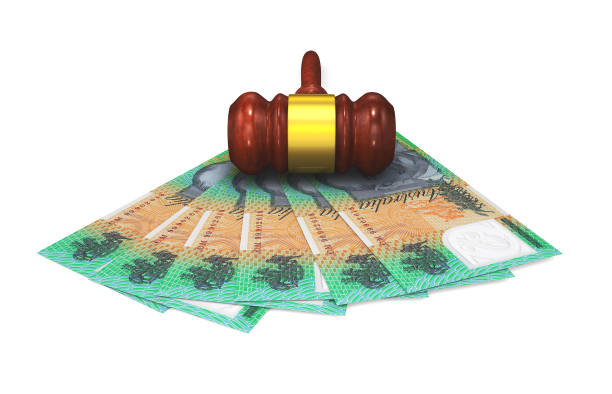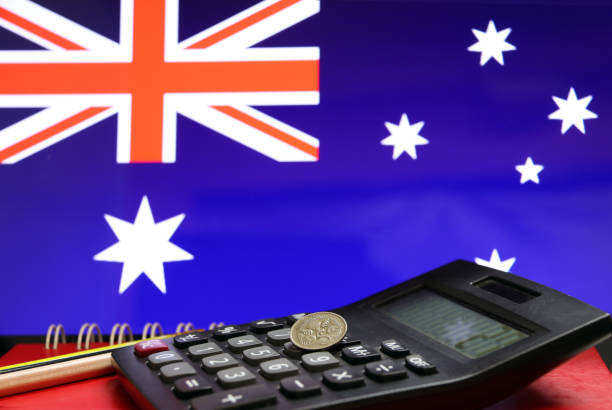In today’s economy, grasping the concept of the Australian Minimum Wage is vital, particularly for those clocking in across New South Wales (NSW). This vital financial threshold doesn’t just ensure you get your fair share; it’s the heartbeat of decent living standards down under. As we sail through this financial year, adapting changes to the National Minimum Wage have been stirring up discussions, reflecting the ever-changing tides of living costs and inflation.
Setting the Stage: How the Australian Minimum Wage Works
Think of the Australian Minimum Wage as your financial safety net. Set by the Fair Work Commission, this hourly pay rate is revisited from the first full pay period on or after July 1 each year, weighing up your needs against Australia’s broader economic scene. As of 1st July 2023, the minimum wage is $23.23 per hour, or $882.80 per 38-hour week.
For the hardworking souls in NSW, these updates are more than just numbers – they’re about keeping your earnings afloat.
- NSW: At the Forefront of Fair Wages
- As a key economic player, NSW aligns closely with the national Australian Minimum Wage. Here, employers are bound to honour this rate, a testament to our commitment to balanced, fair employment.
National Minimum Wage Order
If an employee’s job isn’t covered by an award or contract, a national minimum wage order protects them from being taken advantage of by their employer. The National Minimum Wage Order acts like a safety net for employees in Australia. It ensures that everyone working for a wage, even if their job isn’t covered by minimum award wages, a specific industry award or agreement, gets paid at least a certain amount.
This order sets the minimum hourly rate for adults, as well as a special national minimum wage order or special minimum wages for:
- Younger workers (young workers might be eligible for the full adult minimum wage, depending on their award or workplace agreement. Awards and agreements sometimes set different pay rates for young workers, but you may qualify for the higher adult rate.)
- Those in training
- Employees with disabilities; and
- Casual employees (who typically get a bit extra to compensate for not having paid leave or benefits).
Supported Wage System Rate for Employees with Disabilities
The minimum wage for employees with disabilities is generally the same as for other employees. However, there’s an exception for those covered by the Supported Wage System.
This system allows for a special workplace arrangement where employers can pay employees with disabilities based on their productivity, rather than a set minimum wage. Their work capacity is assessed to determine their pay rate.

Sector-by-Sector: The Ripple Effects of the Minimum Wage
The Australian Minimum Wage casts different shadows across sectors. In realms like retail, hospitality, and cleaning, where many start their career journey, it’s a pivotal earnings baseline. For folks in these fields, keeping an ear to the ground on wage updates is key to defending your financial rights.
The Debate: Wage Hikes vs Employment Prospects
Whenever the Australian Minimum Wage climbs, a debate bubbles up. Some worry that big hikes might clip the wings of jobs, as businesses grapple with heftier wage bills. Yet, many argue that a better wage sparks more enthusiasm and productivity at work, possibly fuelling job growth and economic uptick.
Navigating the Current: NSW Workers and Wage Changes
For NSW’s workforce, staying on top of the Australian Minimum Wage shifts is non-negotiable. Whether it’s scouring official channels or joining the chatter at work, knowing your worth is crucial. And remember, unions and employment rights groups can be your compass through these financial seas.
Employers’ Role: Anchoring the Minimum Wage Standards
Businesses aren’t just participants in the Australian Minimum Wage story; they’re key players. By aligning their payrolls with national benchmarks, they’re helping build an employment landscape that’s not just fair but also just.
Small Business Challenges: Steady Sailing Through Wage Adjustments
For the small business captains, adapting to the applicable minimum Wage changes is a delicate voyage. Striking a balance between fair pay and staying financially seaworthy demands strategy and a keen eye for efficiency.
Navigating Tomorrow: NSW’s Journey with the Australian Minimum Wage
The road ahead for the Australian Minimum Wage in NSW is one of continuous evolution, responding to the ebbs and flows of economics and living costs. For everyone on this ship – employers and employees alike – staying connected with this voyage is key to keeping our workforce strong and competitive.
Empowering NSW Workers: Knowledge is Power with the Australian Minimum Wage
Understanding the nuances of the Australian Minimum Wage is more critical than ever. For NSW’s workers, being informed and proactive is your shield in ensuring your rights are honoured and your pay reflects your worth.

Envisioning a Fairer Future with the Australian Minimum Wage
Looking forward, the role of the Australian Minimum Wage in fostering fair pay and economic steadiness shines brighter than ever. For NSW workers, this isn’t just about numbers; it’s a pledge to fairness, equality, and overall workforce well-being.
If you’re facing a difficult setting when it comes to your wage, professional advice can be your lifeline. With our expertise in employment law, we are ready to guide you through the complexities of the minimum wages. Contact us for navigating pay disputes or getting a grip on wage regulations.
Let JB Solicitors be your partner in securing fair pay and unravelling the intricacies of employment law in NSW.
